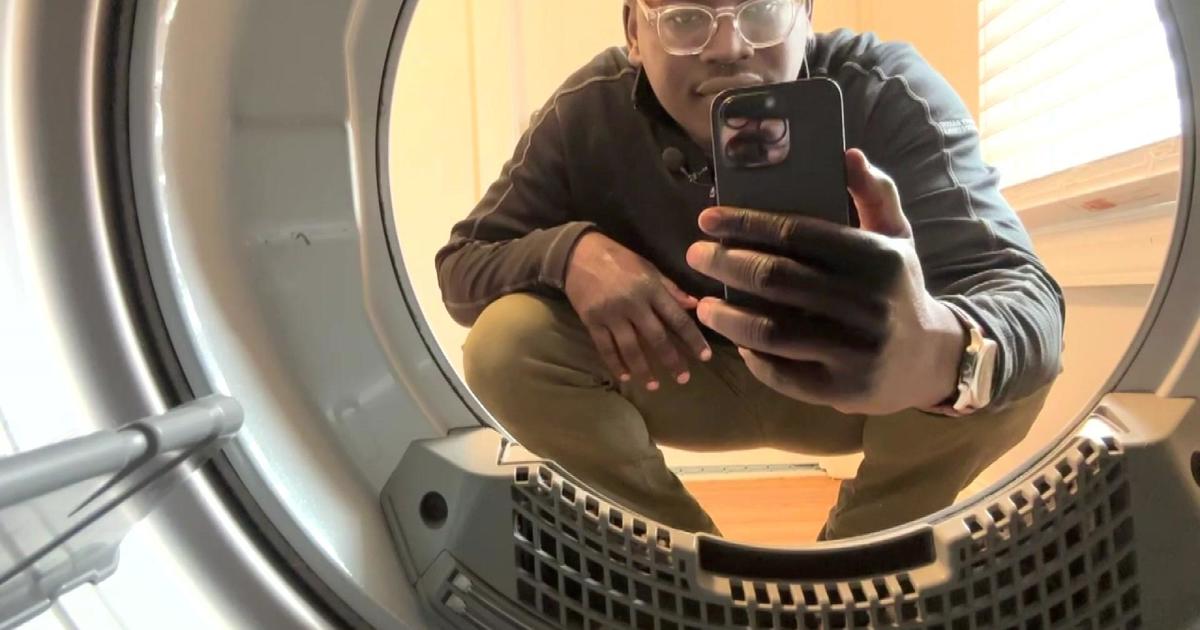Corrections Officers' Duty Disability Retirement In MN Doesn't Cover Health Insurance
MINNEAPOLIS (WCCO) -- One of the first corrections officers to break through the door, after the murder of a friend and colleague is fighting for change at the State Capitol. The trauma from Joe Gomm's death three years ago ended some officers' careers early.
WCCO found out how a duty disability retirement in Minnesota doesn't cover health insurance, something former corrections officers's say they need now more than ever.
This month marked three years since Justin Haller's worst moment as a corrections officer.
"It's hard to get out of the house it's hyper vigilant all the time," Haller said. "Flashbacks, nightmares all that stuff."
Clinically diagnosed with PTSD, anxiety, and depression after the gruesome scene he ran to when Joe Gomm was murder inside Stillwater prison's metal shop.
"It wasn't just a coworker it was a personal friend," he said.
Haller jumped on Edward Johnson and put him in handcuffs that day.
"I can't return to the same career I've been doing for 16 and a half years," Haller said.
Doctors told Haller he couldn't go back. He was granted a duty disability retirement -- a physical or psychological condition preventing a person from performing their normal duties.
"With them recognizing that but then not being able to have health insurance doesn't make sense," Haller said.
Haller discovered as part of that, he's not eligible anymore for his former employers' health plan. Under Minnesota state statues, police and firefighters are.
"I'm trying to bring it forward to get the ball rolling and I'm not getting a response back," he said.
From the DOC, to lawmakers, and the Governor, the now 41-year-old is fighting for a change to state law. Cobra coverage would cost $2,000 a month, a price too high for this family of four.
But after watching the legislature again fail to approve a settlement for Gomm's family, Haller believes it's past time that Minnesota send a message it cares about its corrections officers.
"It would be nice to be able to close the door," he said, "open the next chapter."
The Hallers are now paying for health insurance through the state until they can figure out their next move. But, they say the coverage doesn't go as far for mental health help.
WCCO reached out for comment from the Department of Corrections Commissioner and Gov. Tim Walz and did not hear back.



